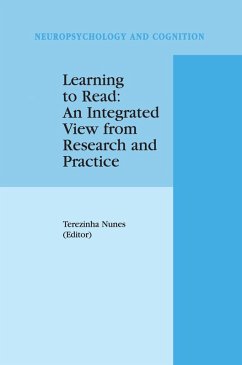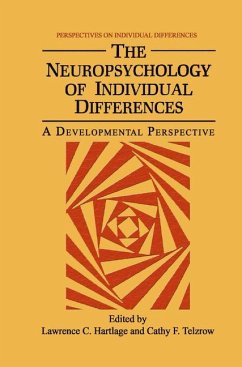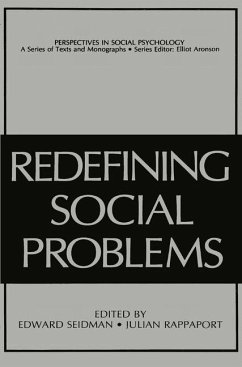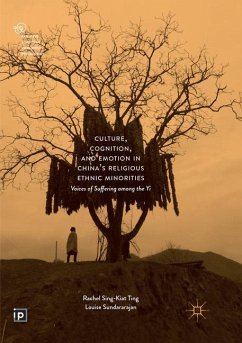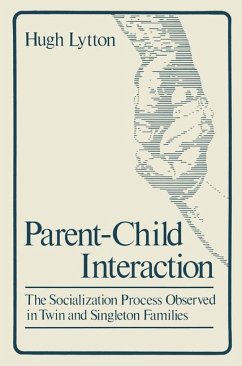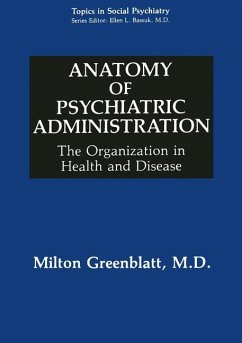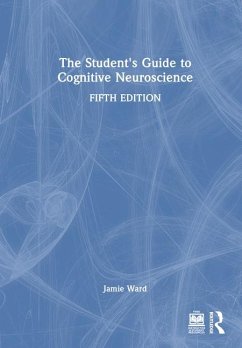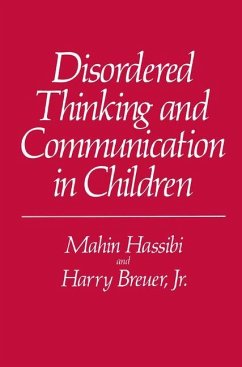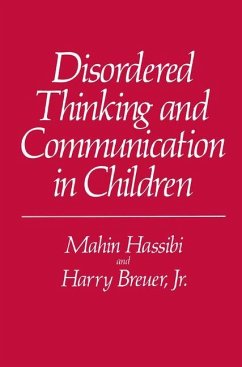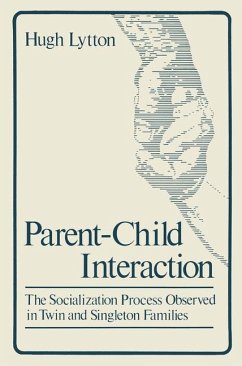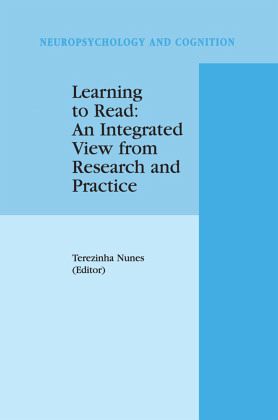
Learning to Read: An Integrated View from Research and Practice
Versandkostenfrei!
Versandfertig in 1-2 Wochen
153,99 €
inkl. MwSt.

PAYBACK Punkte
77 °P sammeln!
Literacy research has continued to develop at a rapid pace in these last five years of the millennium. New ideas about how children learn to read have led to a better understanding of the causes of progress and failure in the mastery of literacy, with repercussions for children's assessment and teacher education. These new discoveries also allow teachers to transcend the old debates in reading instruction (phonics versus whole language) and offer the path to a synthesis. At the same time, research with teachers about their own implementation of methods and the development of their own knowledg...
Literacy research has continued to develop at a rapid pace in these last five years of the millennium. New ideas about how children learn to read have led to a better understanding of the causes of progress and failure in the mastery of literacy, with repercussions for children's assessment and teacher education. These new discoveries also allow teachers to transcend the old debates in reading instruction (phonics versus whole language) and offer the path to a synthesis. At the same time, research with teachers about their own implementation of methods and the development of their own knowledge about the teaching of literacy has produced a fresh analysis of the practice of literacy teaching. Inspired by these developments, teachers, teacher educators and researchers worked together to produce this volume, which promotes the integration of literacy research and practice.





